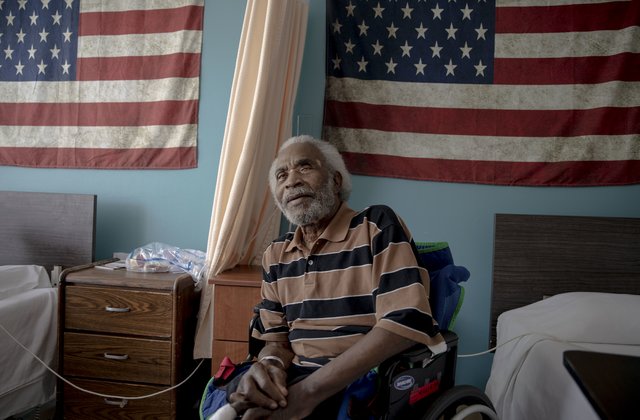29 Aug SENIORS HAVE LESS RIGHTS THAN TERRORISTS – NEW TEXAS LONG-TERM CARE MEDICAID TRANSFER PENALTY DIVISOR ANNOUNCED

Under our criminal justice system, guilt must be determined “beyond a reasonable doubt” as there is a presumption of innocence. However, if a senior makes a gift within five (5) years and applies for long-term care Medicaid, there is a presumption of guilt since Medicaid is “means-tested” so this is tantamount to an anti-fraud provision. Determination of the amount of ineligibility (which means there must be private pay until the penalty expires) is by a “transfer of assets divisor.”
Effective September 1, 2019, the “transfer of assets divisor” in Texas increased to $213.71 per day from $172.65. The increased figure applies to long-term care Medicaid applications in Texas submitted on or after September 1, 2019. When an individual needs long-term care (such as nursing home care) and applies for Medicaid to pay some of the costs of care, then the State has certain eligibility requirements (i.e., resources, income, etc.) to be reviewed. One area reviewed is the transfer of funds or disposal of assets for less than fair market value. The state looks back at the sixty (60) months prior to the long-term care Medicaid application. If any transfers occurred that are not exempt (i.e., transfers between spouses, transfers to a disabled child, transfers to an UTMA for anyone under twenty-one (21), etc. are exceptions to the transfer penalty rules), then the State totals all non-exempt transfers within such sixty (60) month period prior to the month of application and divides the result by the current divisor amount ($213.71) stated above. The result is the number of penalty days during which the individual would be ineligible for Medicaid coverage and would have to pay for institutional care out-of-pocket. So, for example, if an applicant gave an asset worth $100,010 and received $10 for such asset in return, then this would be considered an uncompensated transfer (presumptively not exempt) in the amount of $100,000. If the applicant then applied for nursing home Medicaid (there are over forty (40) Medicaid programs in Texas, each with their own rules) on or after September 1, 2019 in Texas (each state, and sometimes a region of a state, has its own transfer penalty advisor based on average cost of care in that area) and is otherwise eligible for long-term care Medicaid, it is projected that the applicant would have to private pay 467 days ($100,000/$213.71) from the first day of the month of application as partial amounts are rounded down to the whole number of days. The penalty can be eliminated if the gifted funds are returned in full or if the donee pays the bills of the donor (applicant) of an equivalent amount. Often the penalty can be reduced by various strategies. Texas (unlike some states) allows partial cures. Thus, if an uncompensated transfer is made within sixty (60) months prior to the month of application for long-term care Medicaid, it does not necessarily mean there is ineligibility for sixty (60) months. In fact, sometimes gifts are purposefully made as part of the planning for Medicaid eligibility and preservation of resources.
If interested in learning more, consider attending our next free “Estate Planning Essentials” workshop by calling us at (214) 720-0102 or sign up by clicking here.










